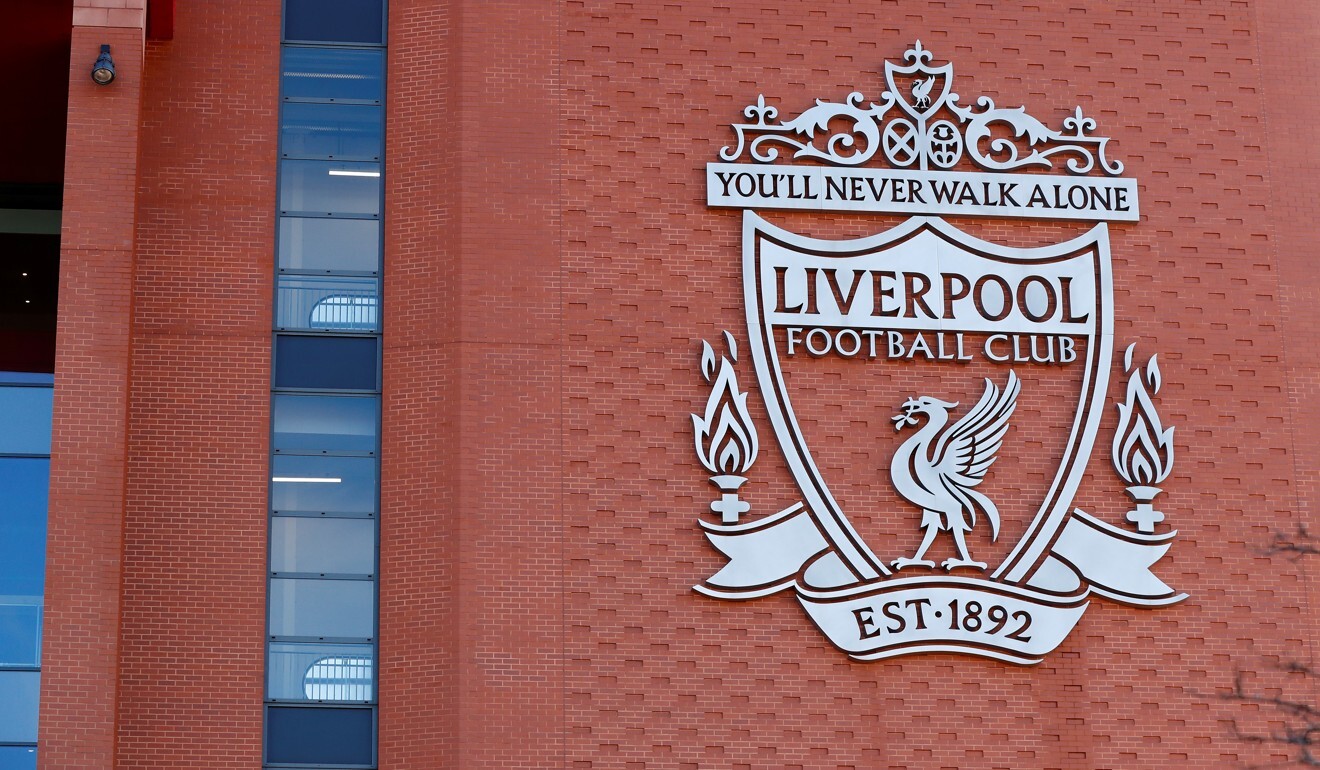Liverpool’s owners have let down Jurgen Klopp, the players and the community with grubby furlough move
- Liverpool follow Tottenham Hotspur in placing the responsibility for non-playing staff’s wages on the stricken UK government during crisis
- The European Champions recorded a pre-tax profit of £42 million last year

Liverpool’s decision to furlough non-playing staff on Saturday was greeted with shock across the game. As late as Thursday, sources close to the club were confident that the European champions would not follow Tottenham Hotspur and a handful of other Premier League clubs in seeking access to government funds.
There were knowing nods earlier in the week when Daniel Levy announced that Spurs were furloughing employees not directly involved in football during the Coronavirus emergency. The Tottenham chairman has a reputation for being nakedly acquisitive. Levy might be greedy and cynical but no one could accuse him of being a hypocrite. It is different on Merseyside.
Part of Anfield’s appeal is that the club’s values are rooted in the community, not capitalism. The hierarchy are proud of the marketing slogan “This Means More”. Peter Moore, the chief executive, articulated the reasoning behind the tagline in an interview last year. “We had this historical figure, Bill Shankly, a Scottish socialist, who built the foundations,” Moore explained. “Today too, when we speak about business questions, we ask ourselves: ‘What would Shankly have done? What would Bill have said in this situation?’
“He was a true socialist who believed that football consisted of working together. We sat down and said, let’s put it down in words and that was the conclusion.”
What would Shankly have said on Saturday? Those of us who met the man find it hard to believe he would have nodded in assent and said, “Yes, we made a pre-tax profit of £42 million in the last accounts, paid agents fees of £43 million and had a record turnover of more than half a billion. Let’s make the taxpayer pick up the tab for our lowest-paid employees.”
Apologists for the club suggest that Liverpool – in common with their Premier League rivals – are a relatively small business. They are right. Giant multinational companies whose profits dwarf every football club’s are using the government’s scheme to ride out the Covid-19 crisis without any public criticism. Yet there is a difference.
More than any other team in England’s top flight, Liverpool have built their mystique on being a community asset. The club fosters the belief that it operates for the benefit of the fans. Fenway Sports Group, the American venture capitalist owners, have always paid lip service to that ethos. When it suited them. Now it can be seen for what it really is: a trite marketing campaign.
The timing of the announcement did not make sense, either. The clubs are in negotiations with players to take wage reductions and deferrals while the game is on hiatus. Matt Hancock, the health secretary, put pressure on the sport’s big earners to take pay cuts this week by suggesting that players should take responsibility for their non-playing colleagues and “play their part” by subsidising the club’s payroll. Ideas like that win plenty of backing because many people instinctively disapprove of the amounts that top-class footballers earn. It is knee-jerk nonsense. Effectively, it is asking millionaire players with short careers to bail their billionaire owners out.

One of Shankly’s most famous quotes – the one that is cited most by Kopites – concerns collective responsibility. “The socialism I believe in is everyone working for each other, everyone having a share of the rewards,” the Scot said. “It’s the way I see football, the way I see life.” The flip side of this ideal is that the burden should be shared in troubled times. The problem is that FSG are using government funding to insulate themselves fiscally while asking employees – the players – to take a financial hit.
Footballers are suspicious of the motives of the clubs. Across the Premier League, players fear that if they accept pay cuts their employers will use the money freed up in the transfer market. Players suspect that they may end up footing the bill to buy their replacements and competitors. In short, they distrust their bosses and believe they are going to get shafted.
When the Liverpool squad see the club take advantage of the furlough programme at such an early stage in the lay-off, it is legitimate for them to ask what exactly are the record profits that the team’s performance generated being used for?
The biggest blow has been to the club’s reputation, though. Over the years many people have bought into the romantic, Shanklyesque vision of Anfield. Football is ingrained in the Scouse identity and Liverpool’s fanatical support has always been powered by a sense that the game is a community activity. FSG’s eagerness to take from government coffers shows a flagrant disregard for national priorities. Many clubs across the country cannot afford to maintain their staffing levels and need assistance. Liverpool do not require such help. But they have put their snout in the trough anyway.
Jurgen Klopp and the players have behaved impeccably during the pandemic. Klopp provided leadership and compassion, while his team have contributed welcome funding to local charities. Moore, the chief executive, has been very active in ensuring that self-isolated and vulnerable fans have received support and morale-boosting calls from their heroes. Yet all the goodwill that has been built up evaporated on Saturday.
The club’s bank account will get a short-term boost but the public relations damage will linger for a long time. This move has undermined the founding principles of the modern Liverpool, making the Shankly creation myth look like sentimental guff.
FSG are just as bad as Levy. Liverpool are no better than Tottenham. This means more money is the only philosophy at the heart of the club. Anfield has just lost some of its aura.